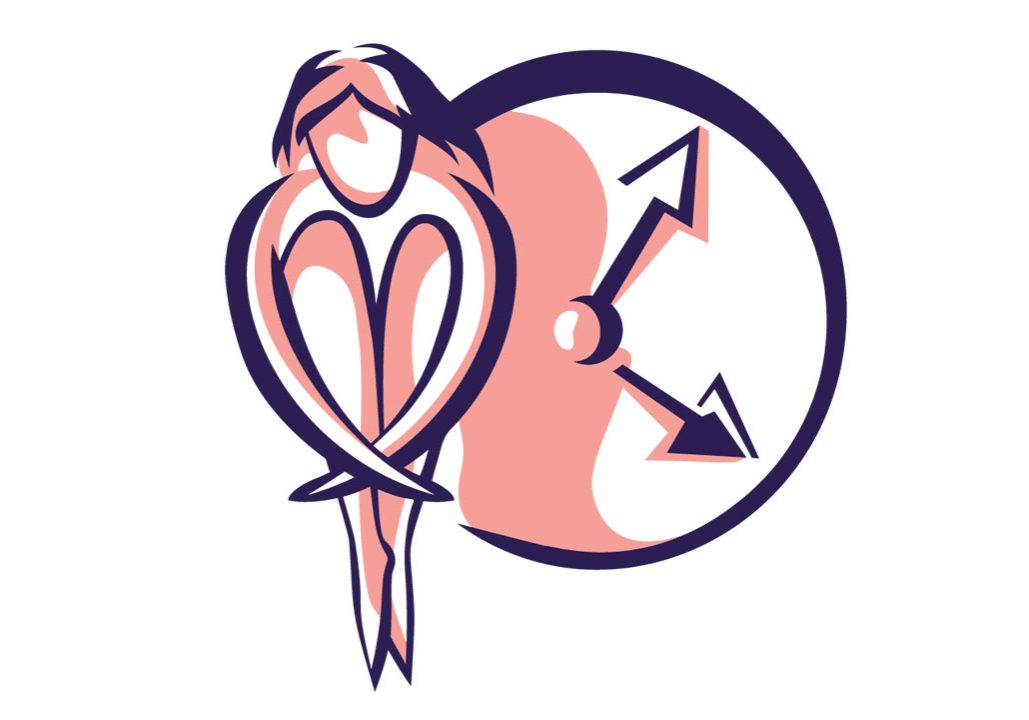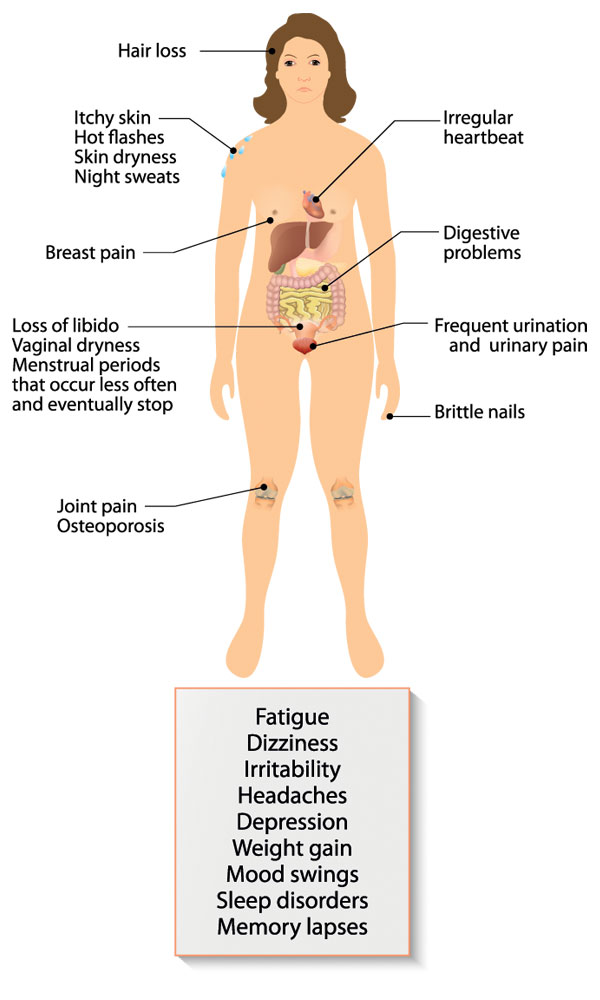
What is the menopause?
Understanding the basics behind the menopause
The word menopause actually means your last menstrual period: meno- refers to your menstrual cycle and – pause literally means stop. However, the actual definition of being menopausal is when you have not had a period for one year. The menopause occurs when your ovaries stop producing eggs and, as a result, the levels of your hormones called oestrogen, progesterone and testosterone fall.
The term perimenopause is often used as this is the time in which you experience menopausal symptoms but are still having periods. These periods are often more irregular and scanty than they used to be. The hormones oestrogen and progesterone work together to regulate your menstrual cycle and also the production of eggs. During your perimenopause, the levels of these hormones fluctuate greatly and it is often the imbalance of these hormones that leads to symptoms of the menopause occurring. For some women these symptoms only occur for a few months and then their periods stop completely. However, other women experience symptoms for months or even years before their periods stop.
Often, when you read about menopausal symptoms, this also refers to perimenopausal symptoms.
Oestrogen protects a number of different systems in your body: your brain, skin, bones, heart and vagina – so low levels can affect all these parts of your body.
Normal event
The average age of the menopause in the UK is 51 years, however this can be earlier for some women. Symptoms of the perimenopause often start at around 45 years of age. If the menopause occurs before the age of 40 it is classed as Premature Ovarian Insufficiency (POI). If the menopause occurs when you are under 45 years of age then it is called an early menopause.
Although the menopause is a normal event in a woman’s life, certain conditions can bring about an early menopause. These include if you have had your ovaries removed during an operation, if you have radiotherapy to your pelvic area as a treatment for cancer or if you have received certain types of chemotherapy drugs that treat cancer, then you may have an early menopause. Women who have medical or surgical treatment for endometriosis or PMS may also experience an early menopause. Genetic and autoimmune factors can also play a part.
If you have had your womb (uterus) removed (in an operation called a hysterectomy) before your menopause, you may experience an early menopause even if your ovaries are not removed. Although your ovaries will still make some oestrogen after your hysterectomy, it is common that your level of oestrogen will fall at an earlier age than average due to reduced blood flow. As you do not have periods after a hysterectomy, it may not be clear when you are in ‘the menopause’. However, you may develop some typical symptoms when your level of oestrogen falls.

MAKING THE DIAGNOSIS OF MENOPAUSE
If you are younger than 45 years of age then you usually need to have tests to diagnose the menopause. The most common test is a blood test measuring a level of a hormone called follicle stimulating hormone (FSH). If this is raised, then it is very likely that you are menopausal. This blood test is often repeated 4-6 weeks later. If you are under 40 years then you may be advised to have other blood tests. Some women may also be recommended to have a bone density test (DEXA scan) to determine the strength of your bones. However, if you are over 45 years of age and have irregular periods with symptoms of the menopause, then you do not need to have any tests to diagnose the menopause.
Information source: menopausedoctor.co.uk


